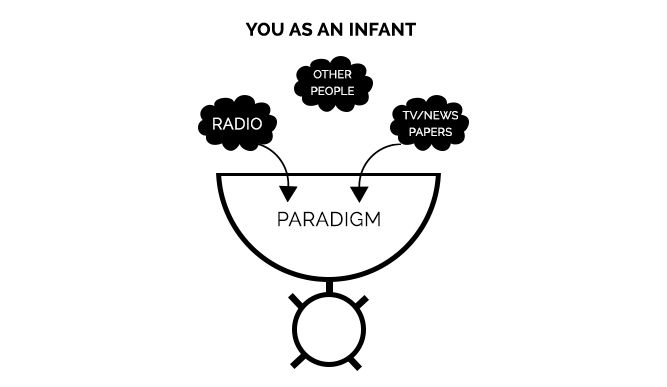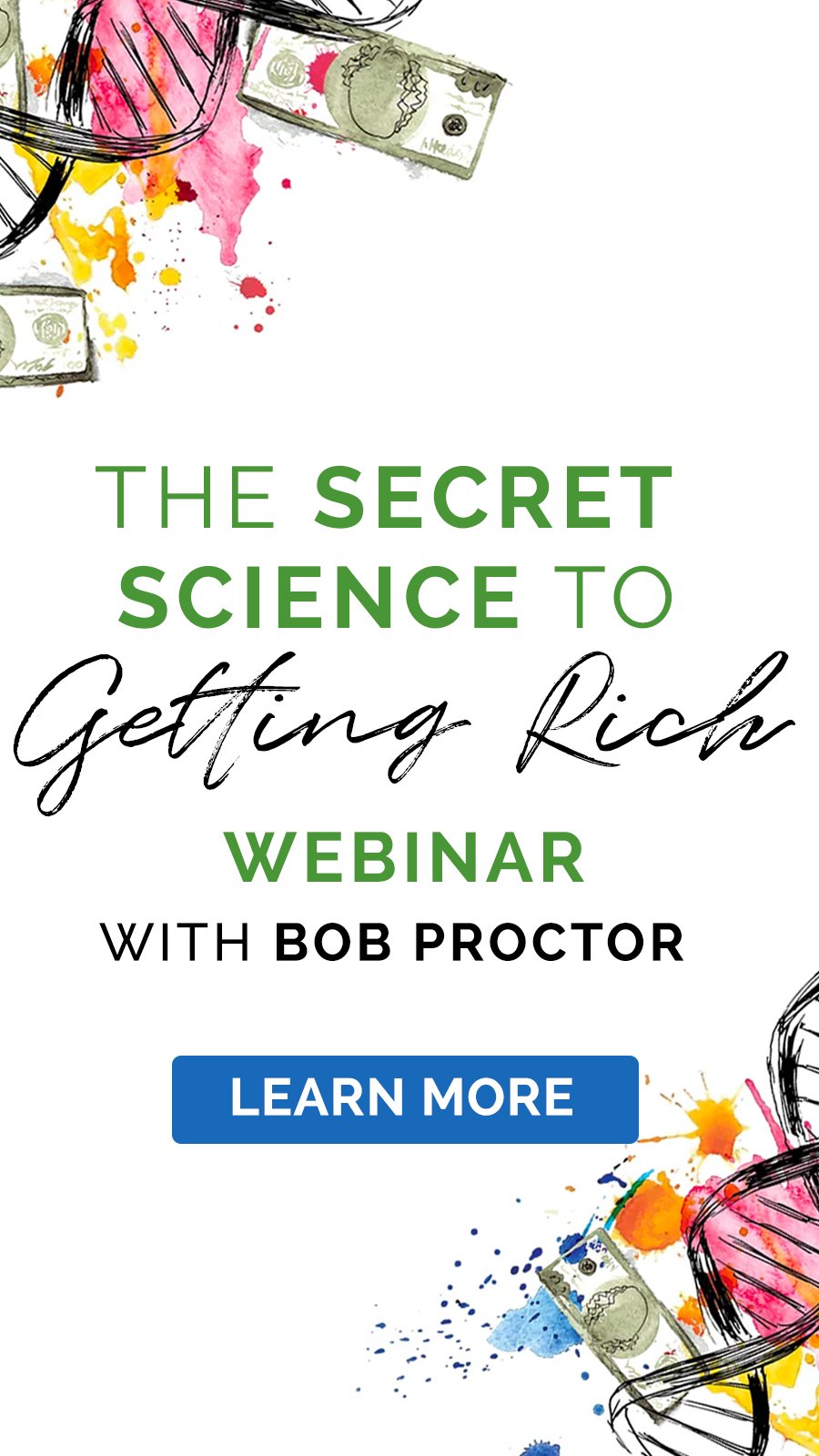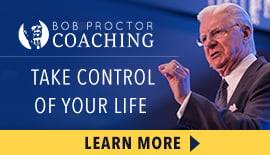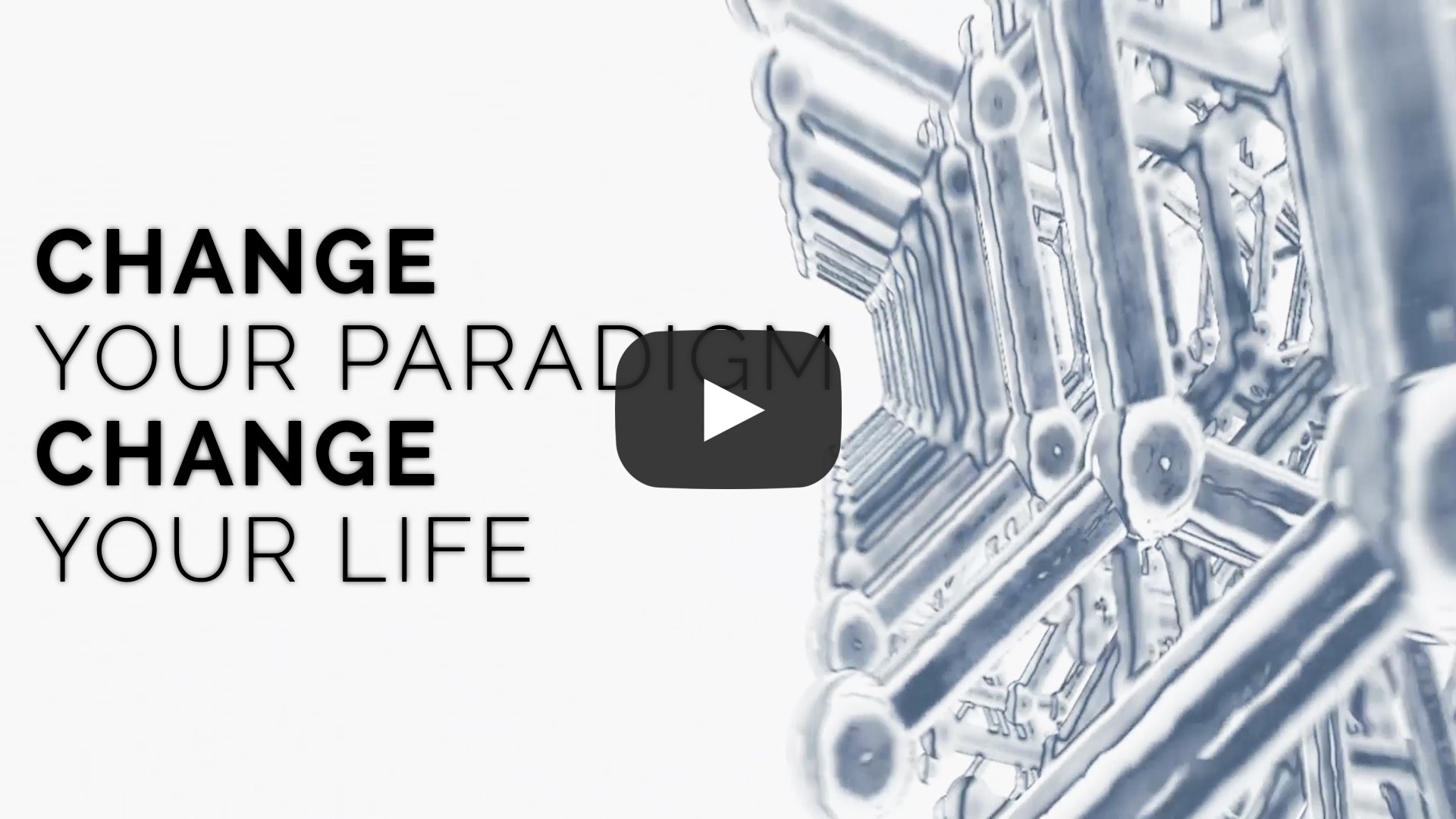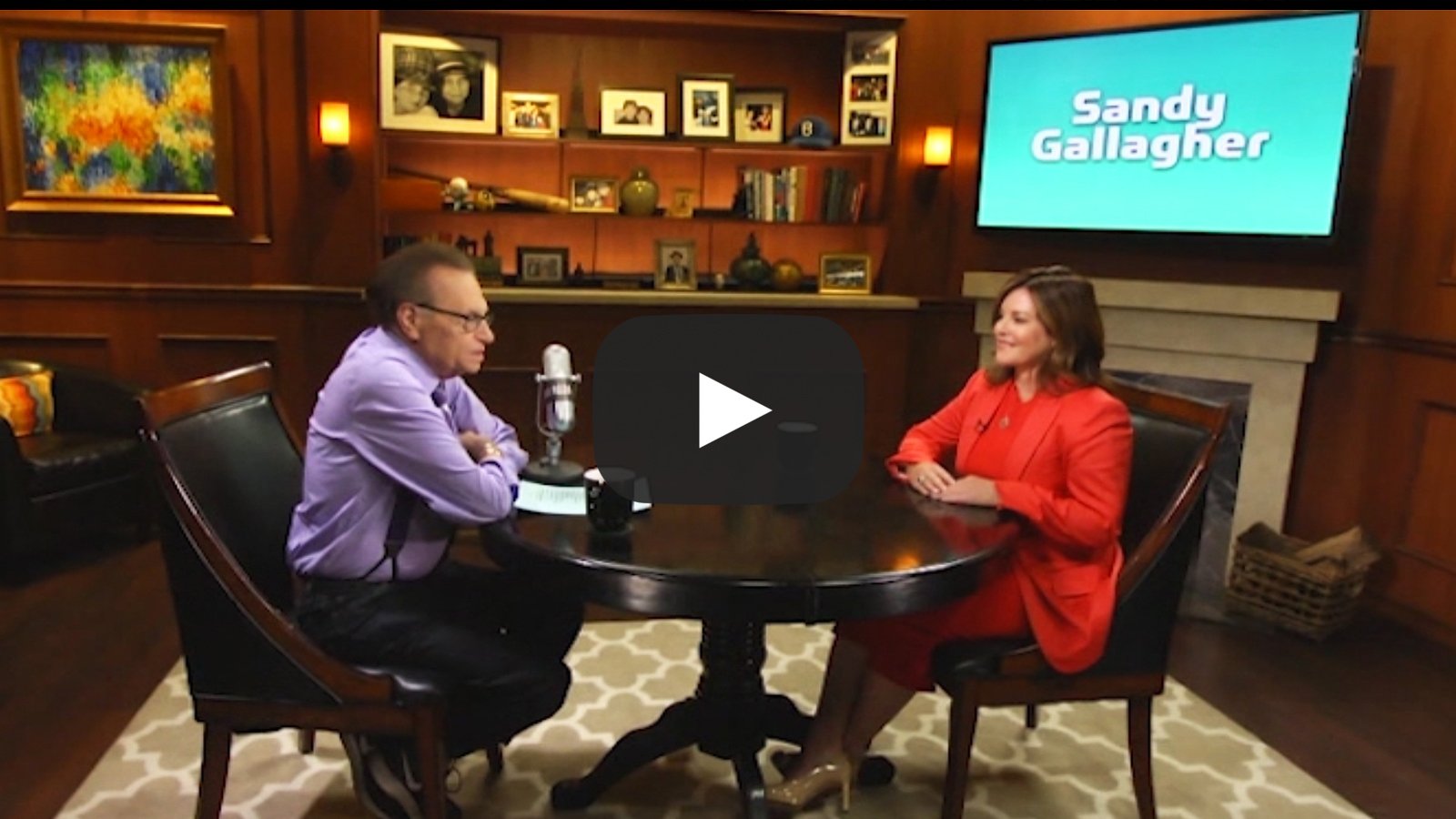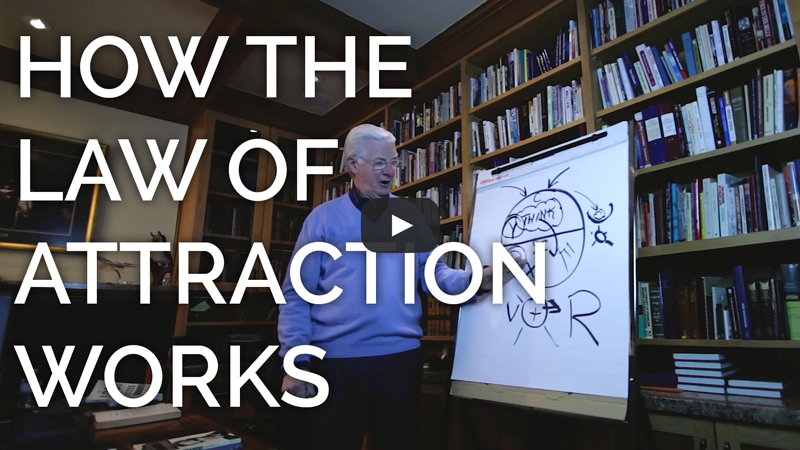
A couple of years ago, a lady who lived in London, England, came to one of our Paradigm Shift seminars in Phoenix.
However, she didn’t cross the pond alone—she brought her 24-year old son with her.
The woman explained that she had gone to her son and said, “I would like you to come to a seminar in America with me. You’d be doing me a big favor, so I’ll pay for your airfare. I’ll pay for your hotel; I’ll pay everything.
“The seminar is about paradigms. I know you have to change yours because I built them. So, I would really like for you to come.”
Where your paradigms came from
Your genetic programming began the moment you were conceived. However, as the graphic below illustrates, your mind was initially programmed when you were an infant.
This figure shows only the bottom half of your head (your subconscious mind) because your conscious mind (which would normally be shown as the top half) wasn’t active yet. You were incapable of choosing your thoughts, so your subconscious mind was wide open to everything you were exposed to.
The words, beliefs, and ideas of the people around you, what you heard on the radio, what you saw on television, and the way people talked to each other entered your subconscious mind with no filter.
And think about this…
Many of your parent’s thoughts and beliefs came from their parents and the same is true for their parents. So, you inherited beliefs that go back for generations.
So, not only your genetic programming but also your belief system goes back for generations. As a result, some of the beliefs you inherited are absurd, but you believe them because of the way you’ve been programmed.
Environment is key
In many ways, our environment plays an even bigger role in our programming than heredity.
Think about it…
When we were infants, whatever was going on around us went right into our subconscious mind. We had no ability to reject any of it. It was like a dumping ground for our environment.
The environment continues to play a major role for the rest of our lives. For example, people who are released from prison very often end up going back to prison.
I did a lot of work in prisons for about five years, and the recidivism rate was 85 to 90 percent. Why? Because what prisoners talk about in that environment is their crimes.
See, we’re all competitive. If we are in prison, people talk about the big score they made, and the others try to top it with their own stories. That’s the kind of talk prisoners frequently are involved in, sometimes for years.
So, when they get out of prison, where do they go?
They go where their energy draws them, back to the places where they were when they got in trouble in the first place.
They keep going back because they are in harmony with the people who are there. So, they go back, and they’re right back into it again. They end up spending almost their whole life in prison because of the environment.
That’s how powerful paradigms are.
It’s all part of your programmed nature
What was your environment like as a child?
What did the people that raised you believe?
What kind of money did they earn?
What were their religious convictions?
What did they tell you about yourself?
Did you hear, “You’re smart, kind, and loving, and you can be anything you want to be when you grow up.”
Or did you hear, “You’re bad, and you’ll never amount to anything.”
Whatever you hear over and over again, it’s who you become. You become what you see and hear in your environment. You don’t know anything else.
That’s how your self-image was formed.
But self-image is just one idea that comes from our environment. There are many others, such as the language you speak, the food you eat, and how you treat people. When you put them all together, you’ve got a paradigm.
What you truly want
Listen, no one wakes up in the morning and says, “Gee, I’d really love to change my paradigm!”
But what you do want to change is the results you’re getting. You want more money… better relationships… a healthier body… a successful business.
However, here’s what’s interesting.
If you’re going to change the results, you’ve got to start doing what you already know how to do but aren’t doing because of your paradigm.
The only way you can get where you want to go is to shift your paradigm.
How do you change a paradigm?
You can’t change your paradigm with self-will alone. In fact, there are only two ways to do it.
One is an emotional impact. That is when something hits you so hard that your life will never be the same. It’s usually of a negative nature, but it can also be something that is positive.
The second way is to change the paradigm in the same manner it was formed—through repetition of ideas. It is exposing yourself to a new idea over and over again with the goal of replacing an old belief(s) that is in your subconscious mind.
To get started, consciously choose a new belief that is aligned with the results you want and the habits that will lead you to those results. Then impress that idea—by focusing on it, visualizing it, and repeating it with feeling (as if you already have what you want)—on your subconscious mind repetitively.
You must also consciously and deliberately replace “bad” habits with good habits. Otherwise, you might form another bad habit to take the old habit’s place.
Changing just a small part of the old paradigm can make an enormous difference in the results you enjoy in every area of your life.
But, make no mistake. You cannot change your life permanently until you change your paradigm.
Regardless of how many times you might have tried before, you CAN get far better results in your life. However, it’s tough to do without professional help. If you’d like to turn your deepest desires into lasting results, let us help you. It’s what we do best.
We’re hosting a Paradigm Shift Seminar this weekend January 24th-26th, where we will share how you can transform your finances, health, and lifestyle by changing your paradigm. The seminar is SOLD OUT; however, we’d love for you to join us on the LIVE Stream—even if you can’t join us live. You’ll have access to the replay for 14 days after the event is over.
To your success,
Bob Proctor
P.S. Wondering what your paradigm is? Download the worksheet to find out.


